Windows Stuck in a Restart Loop? Here Is the Fix!
According to several users, their operating system gets stuck in a restart loop randomly, requiring them to hard reset the device repeatedly. There can be quite a few reasons as to why your Windows is stuck in a restart loop.

Here are some of the most common reasons:
- Your external devices are problematic – If you are using external devices like a printer, there is a good chance that one of them is interfering with the boot process, causing the problem at hand.
- Corrupt or faulty drivers – if a driver crucial for the boot process has become outdated or corrupt, you will run into the issue at hand.
- Incompatible apps – one of the applications installed on your computer can also be interfering with the system’s boot process, causing the restart loop at hand.
- Generic inconsistencies or virus infection – your system might also be affected by a virus, or the crucial system files might be dealing with some kind of corruption error. This can prevent the system from restarting normally.
Now that we know about the potential causes, let’s have a look at the troubleshooting methods you can try to fix the error. We suggest that you first go through the troubleshooting methods to pinpoint the cause of the issue in your case, and then proceed with the steps to resolve the issue.
Before You Proceed
Before you proceed with the troubleshooting methods, you need to boot into Safe Mode to access the system. Otherwise, you will not be able to execute any system-related fixes.
Here is how you can boot into Safe Mode:
- Launch the computer and press the power button on the boot screen to turn it off.
- Repeat this process thrice.
- Upon booting the fourth time, Windows will launch into the Automatic Repair screen. Click on the Advanced options button there.
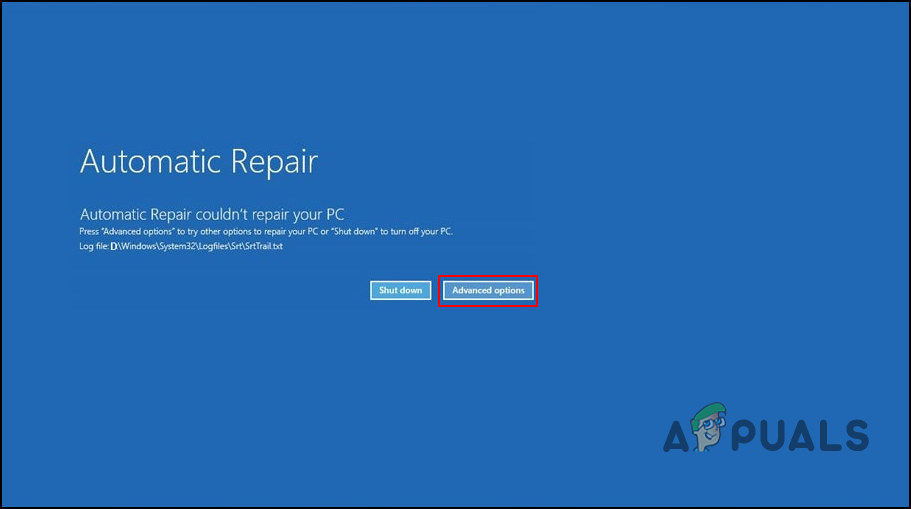
Advanced options button - In the following window, click on Troubleshoot.
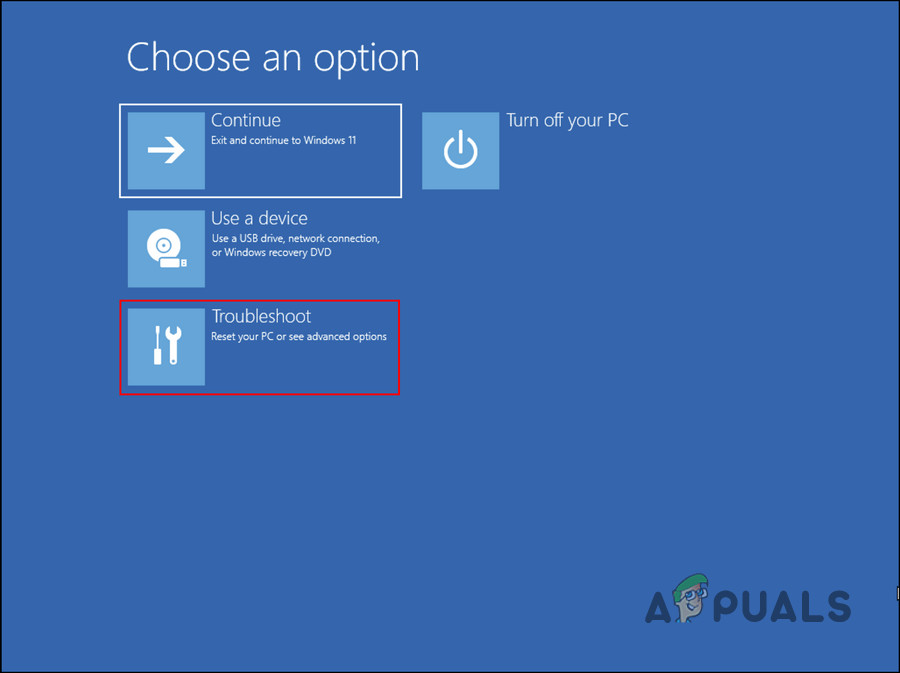
Troubleshoot option - Choose Advanced options.
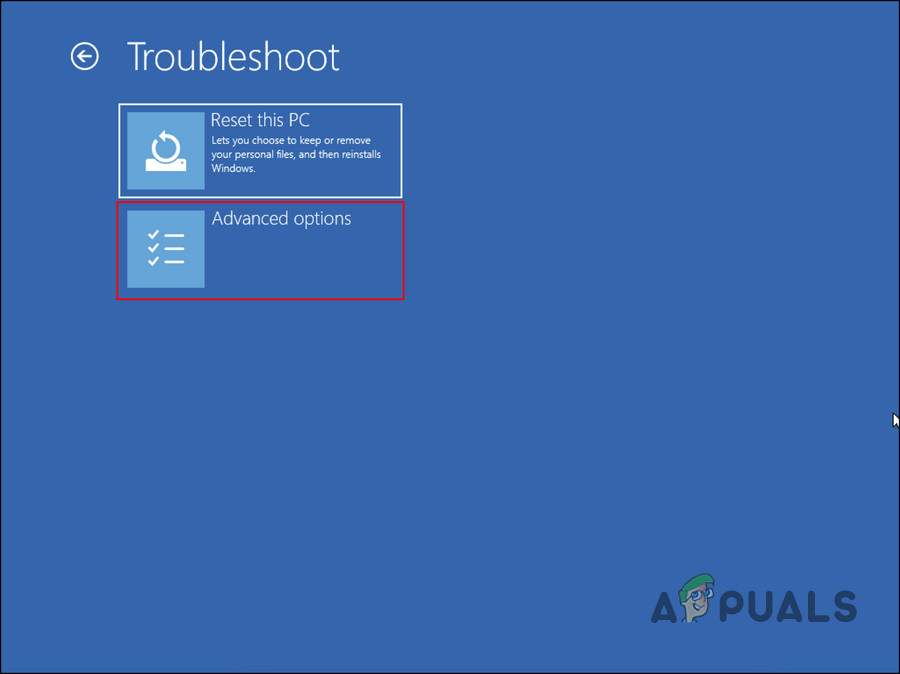
Advanced options in the Troubleshoot menu - Now, click on Startup settings.
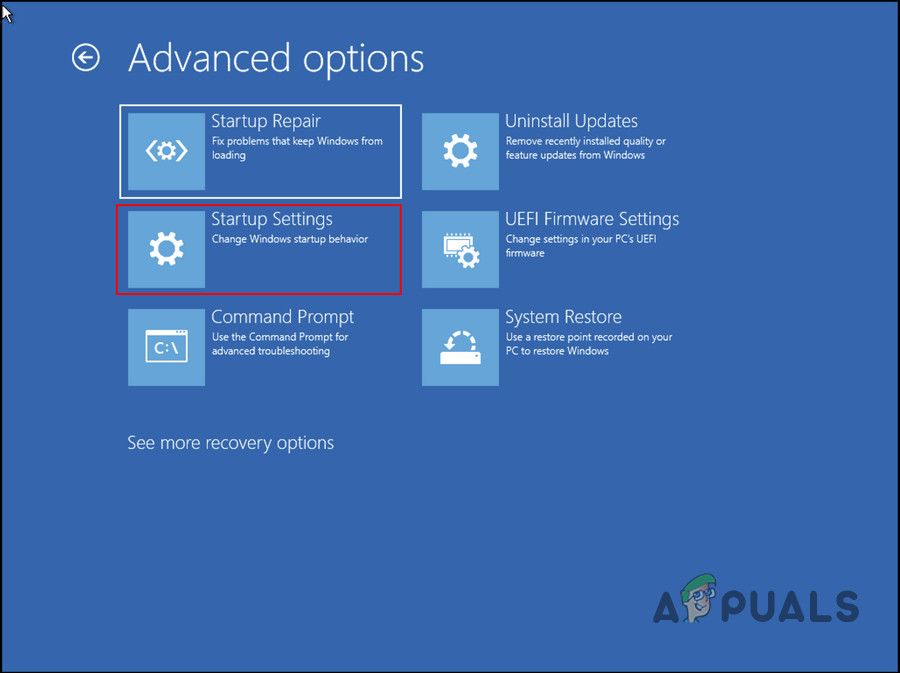
Choose the Startup settings option - Here, click on the Restart button and then press 4 to boot to Safe Mode. Alternatively, press F4 to do so.
Once your system is launched into Safe Mode successfully, you can proceed with the methods below.
1. Disconnect External Devices (If Applicable)
If you are using any external devices like printers or webcams, we suggest that you disconnect them and see if that helps. There are times when these devices act up, causing issues within the system like frequent crashes and boot loops.
If this case does not apply to you, proceed with the next method.
2. Undo the Recent Changes
If the restart loop error started occurring after you installed a system update or a program, then there is a good chance the recent change you made is the culprit.
The solution to this is simple, as all that you need to do is undo these changes. There are quite a few ways of doing this. For instance, you can uninstall the updates or the programs manually in the Control Panel. If you are unsure about which programs/updates were recently installed, then you can use the System Restore utility to revert the system to a previous working state.
If you wish to proceed with the latter, head over to our guide that discusses this method in detail.
To manually uninstall the applications, follow these steps:
- Type Control Panel in the search area of the taskbar and click Open.
- Choose Programs > Uninstall a program from the list of options available.
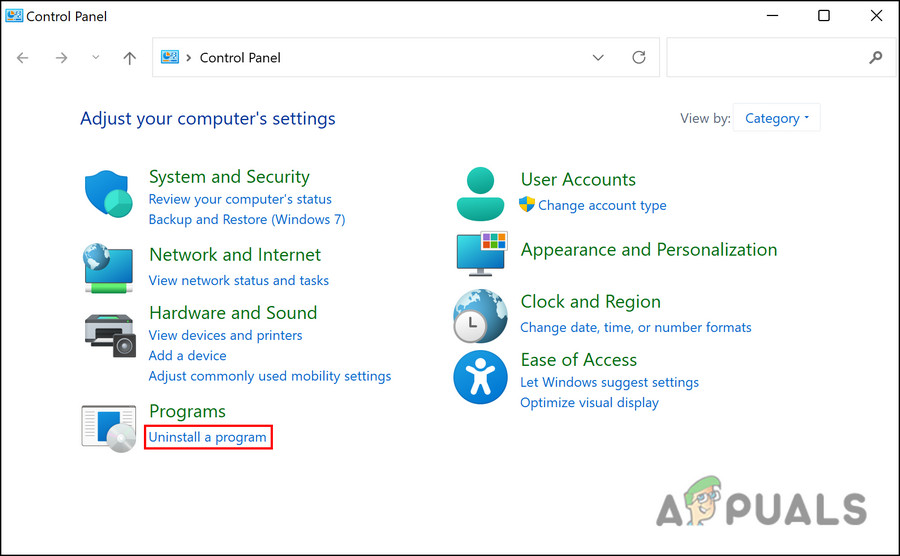
Uninstall a program - In the following window, locate the program you want to uninstall and right-click on it.
- Choose Uninstall and follow the on-screen instructions to proceed.
To uninstall the recently installed updates for fixing the restart loop, here is what you need to do:
- Press Win + I to open Windows Settings.
- Choose Windows Update from the left pane.
- Now, click on the Update history option on the right side of the window.
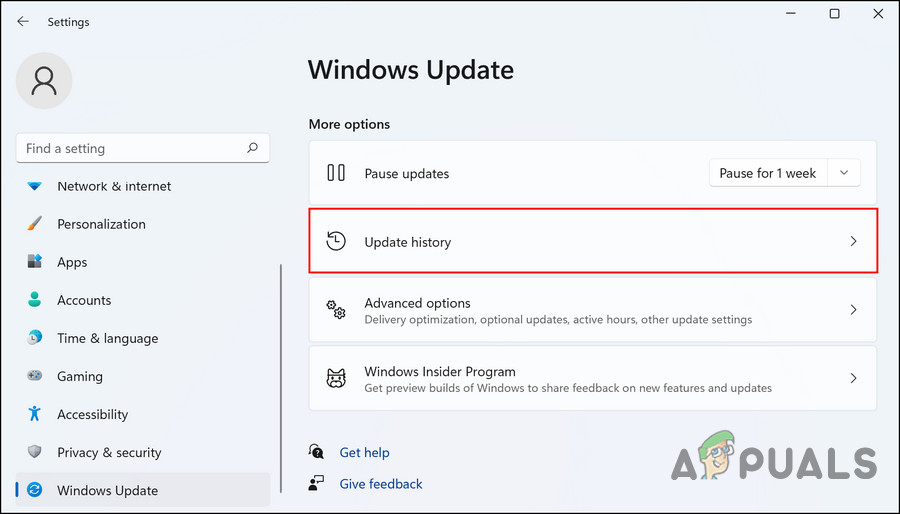
Update history of Windows - Select Uninstall updates under the Related settings section.
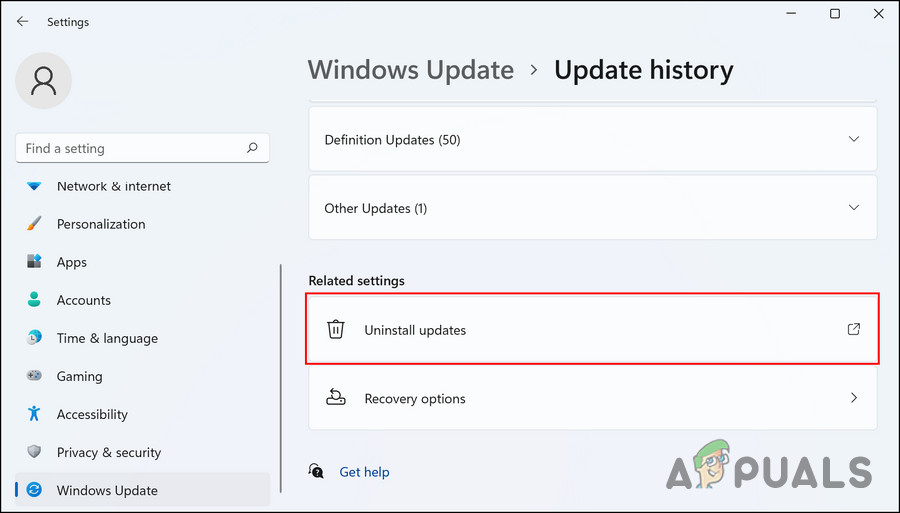
Uninstall updates on Windows - In the following window, you will see a list of updates installed on your PC. right-click on the targeted one (preferably the most recent one) and choose Uninstall.
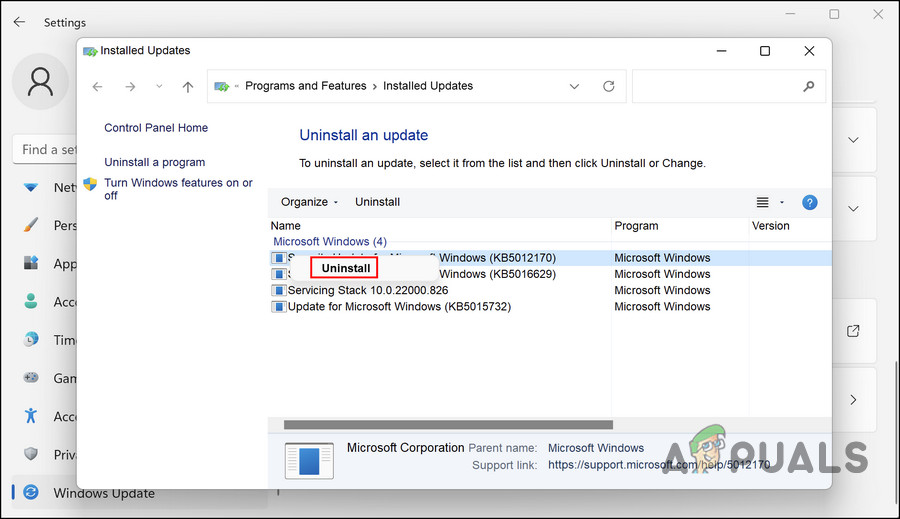
Uninstall button - Click Yes in the User Account Confirmation prompt to proceed.
3. Delete Files from the Software Distribution Folder
You can also face the restart loop problem if the PC turned off or ran into an issue while an update was being installed. If this scenario is applicable, then you can delete the contents of the Software Distribution folder, a place where Windows keeps its update files.
This fix worked for several users, which is why we recommend you give it a shot.
Here is what you need to do:
- Launch File Explorer and head over to This PC section.
- Open the drive with a Windows icon on it. This is typically the C drive on most computers.
- Head over to the Windows > SoftwareDistribution folder.
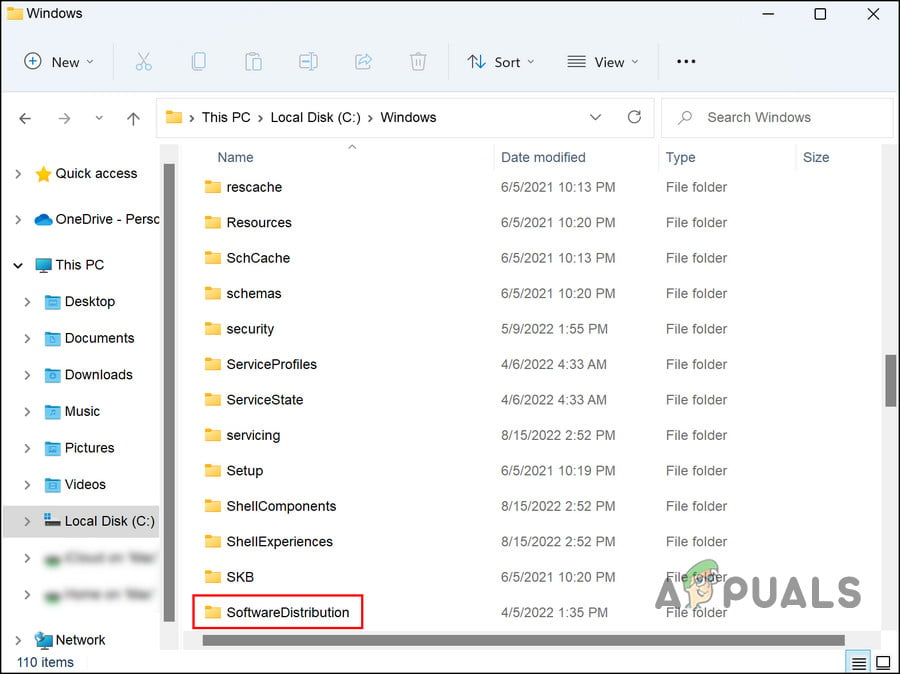
SoftwareDistribution folder - Select all the contents of this folder and right-click on any of them.
- Choose Delete from the context menu.

4. Update Drivers
As we mentioned earlier, if any of the drivers crucial for the boot are corrupt or outdated, you are likely to face issues like the restart loop.
In the case of this error, mostly the hardware drivers are at fault. Since the error does not specifically list the drivers that might be causing the problem, we suggest that you take your time to update all the important hardware drivers installed.
If you find that time–consuming, you can also consider getting your hands on a third-party driver updater that will identify all the outdated drivers on the system and will update them without requiring much input from your side.
If you prefer updating manually, here is what you need to do:
- Type Device Manager in the search area of taskbar and click Open.
- In the following window, expand the Display adapters section and right-click on your graphics card driver.
- Choose Update driver from the context menu.
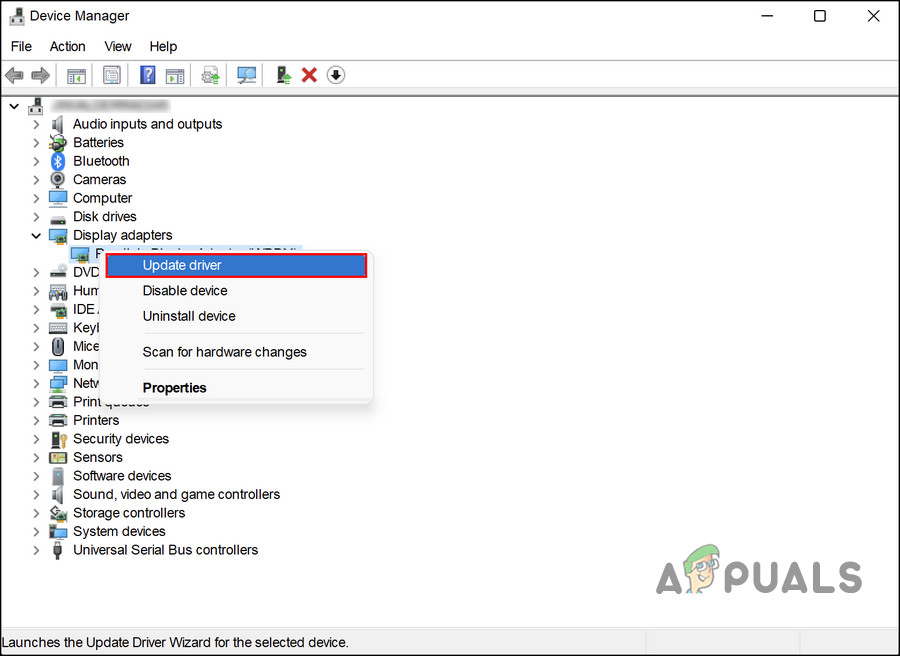
Update display driver - Now, click on Search automatically for drivers in the next dialog and follow the on-screen process to complete the update.
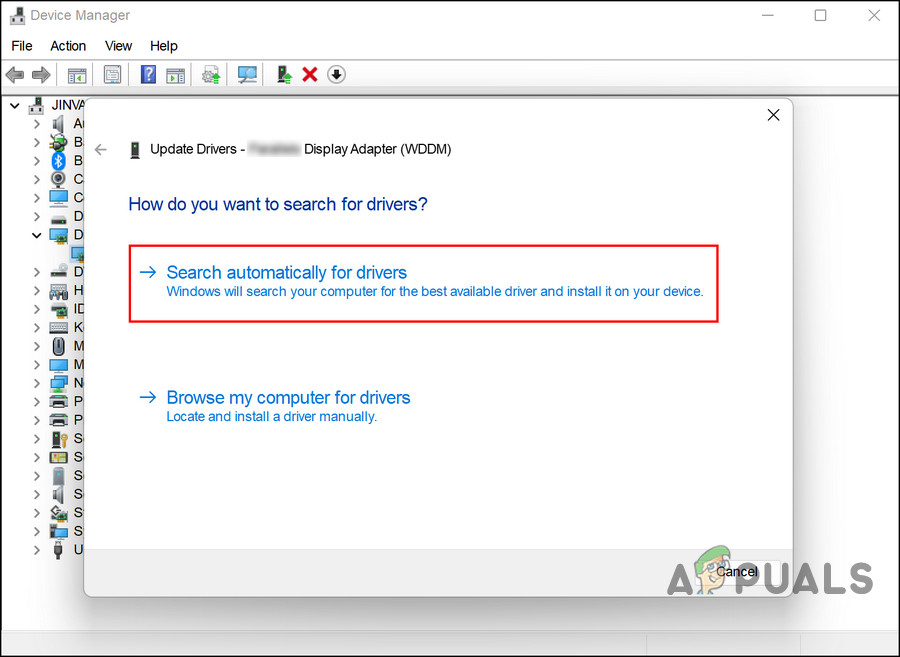
Let the system search for drivers automatically
Perform the same steps with other important drivers and see if that fixes the restart loop issue.
5. Enable Secure Boot
Another fix that worked for users was enabling the secure boot feature. If this feature is turned off, your PC can be infected with malware that may be preventing you from booting into the system.
If this feature is disabled on your computer, here is how you can enable it:
- Press Win + I to launch Settings.
- Choose System from the left pane.
- Now, select Recovery in the right pane.
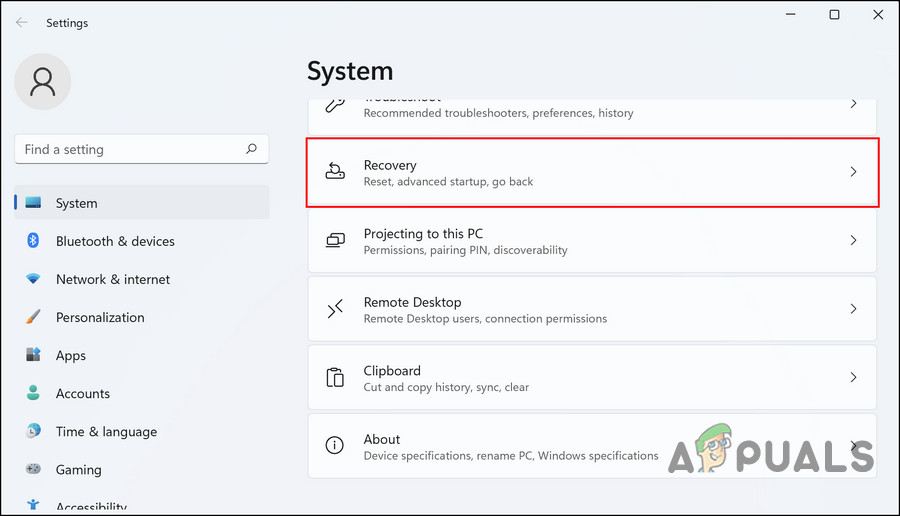
Recovery settings in Windows - In the following window, click on the Restart now button.
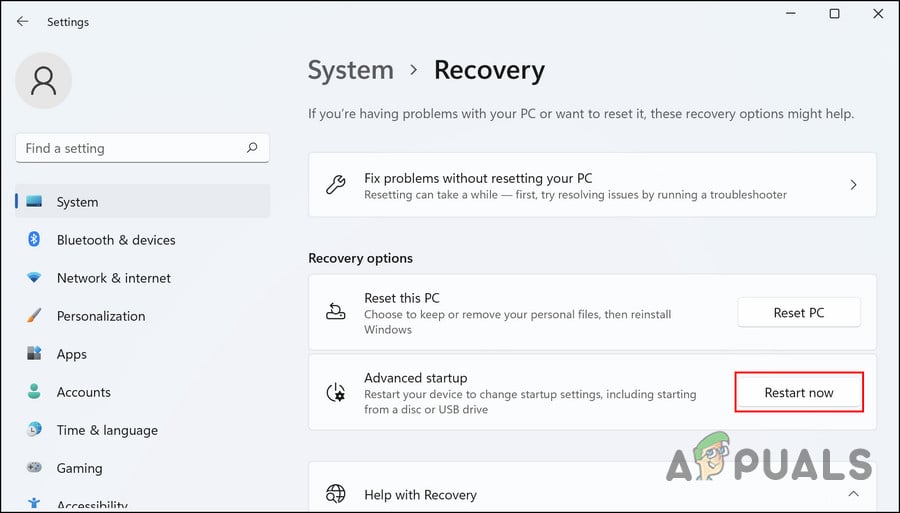
Restart now button - Click Restart now again in the confirmation dialog.
- Next, head over to Troubleshoot > Advanced options.
- Choose UEFI Firmware Settings from the list of options available.
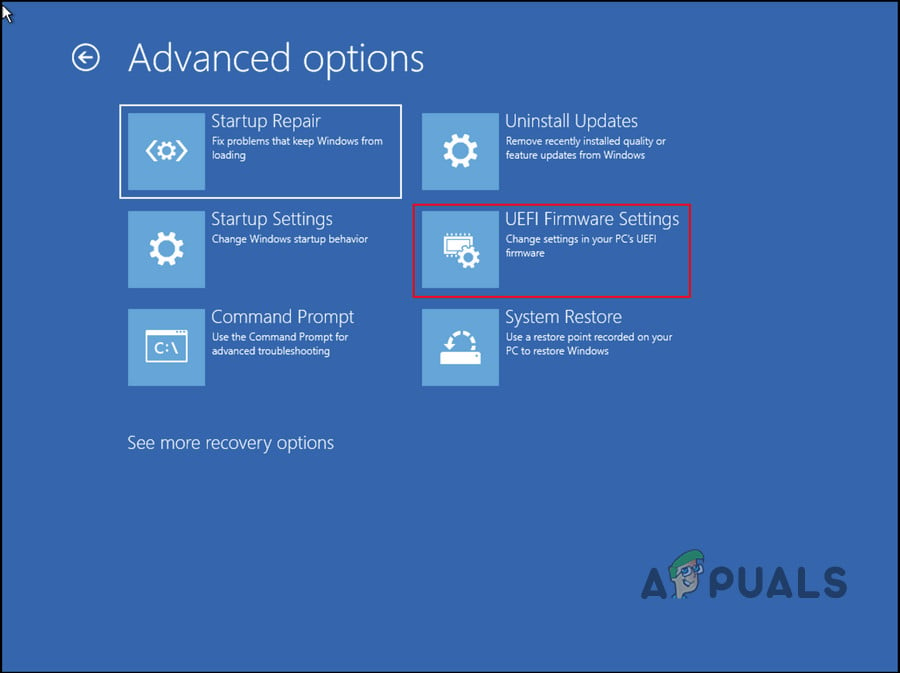
Click on UEFI Firmware Settings - Hit the Restart button.
- Once you are in the UEFI settings window, locate the Secure boot option and turn the toggle for it on.
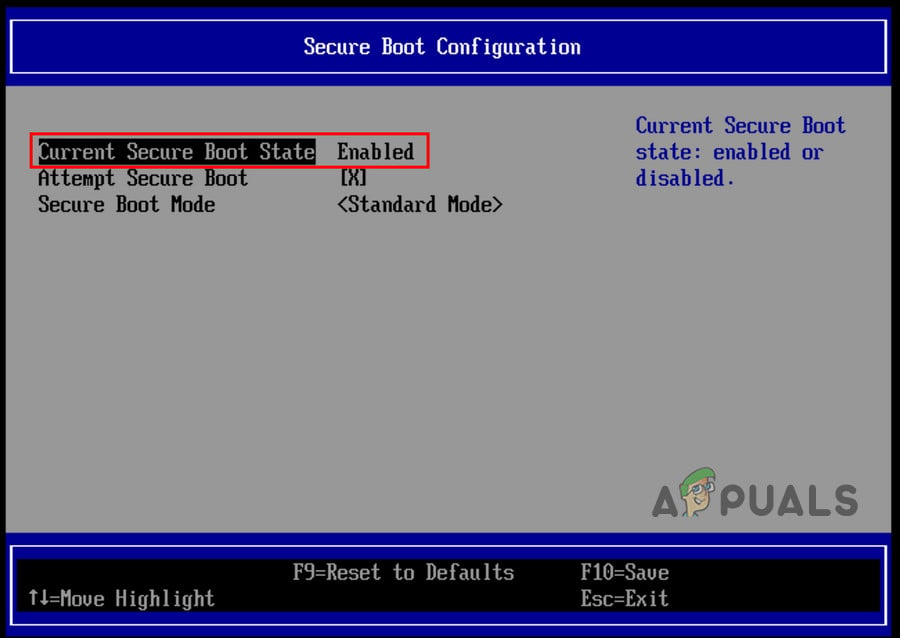
Enable secure boot
That’s it! Hopefully, it will fix the restart loop problem for you in no time!





